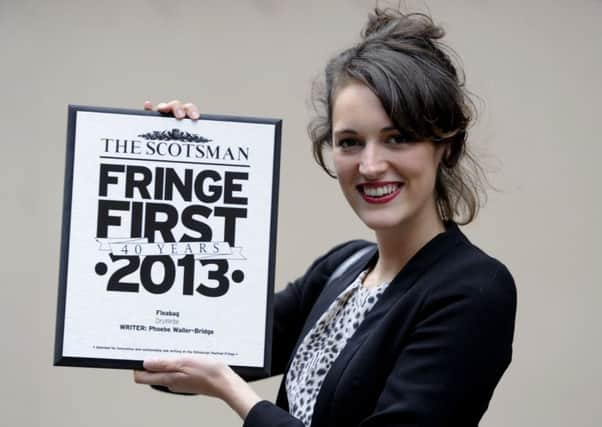Fleabag: Priest’s sexual advance has got people talking – Laura Waddell


It can be an oddly intimate experience, and a hit-or-miss one. I almost gave up after the first episode, feeling unprepared for its quirky, idiosyncratic directness, but something clicked and I was drawn into the chaotic energy.
The current flurry of discussion following each episode centres around Fleabag’s dalliance with a priest played by Andrew Scott, who is soon to officiate her father’s wedding to an overbearing step-mother.
Advertisement
Hide AdAdvertisement
Hide AdWith immediate chemistry, it felt inevitable when the pair bonded over illicit cans of gin and tonic in back rooms of the church, surrounded by jumble sale debris.
After a Confessional scene in which a brilliant Waller-Bridge delivered a vulnerable monologue, a breakthrough moment for a character who is typically emotionally reticent, the priest makes an immediate sexual advance. Although she has googled whether priests can have sex, he tells her the problem is that he will fall in love with her, blaming her in advance for his devotional life going cassocks up. He lets slip he thinks he is “helping her”, blurring the boundaries between his churchly role and his personal interest. He appears increasingly erratic and tortured.
Twitter is divided on whether the burgeoning relationship is a harmless sexual fantasy made real, or a concerning overstepping of boundaries. I’m in the latter camp. Red flags abound; the two are undoubtedly attracted to the fault lines in each other, and not necessarily for the best.
While the church setting and biblical undercurrent of good and evil underlines the moral conundrums faced by Fleabag, it’s not that different to how she feels in other places. As a sitcom device, a character being out of joint from social expectations is nothing new.
But the question of what constitutes appropriate interaction does feel new. The level of discussion shows how engaged the audience are in discussing the nuance of consent and boundaries, particularly when viewpoints differ having watched the same scenes. It’s easy to feel fatigued by headlines in an era of “pussy”-grabbing presidents; but Bridge-Waller’s writing and direct delivery opens up conversation with wit and humour.